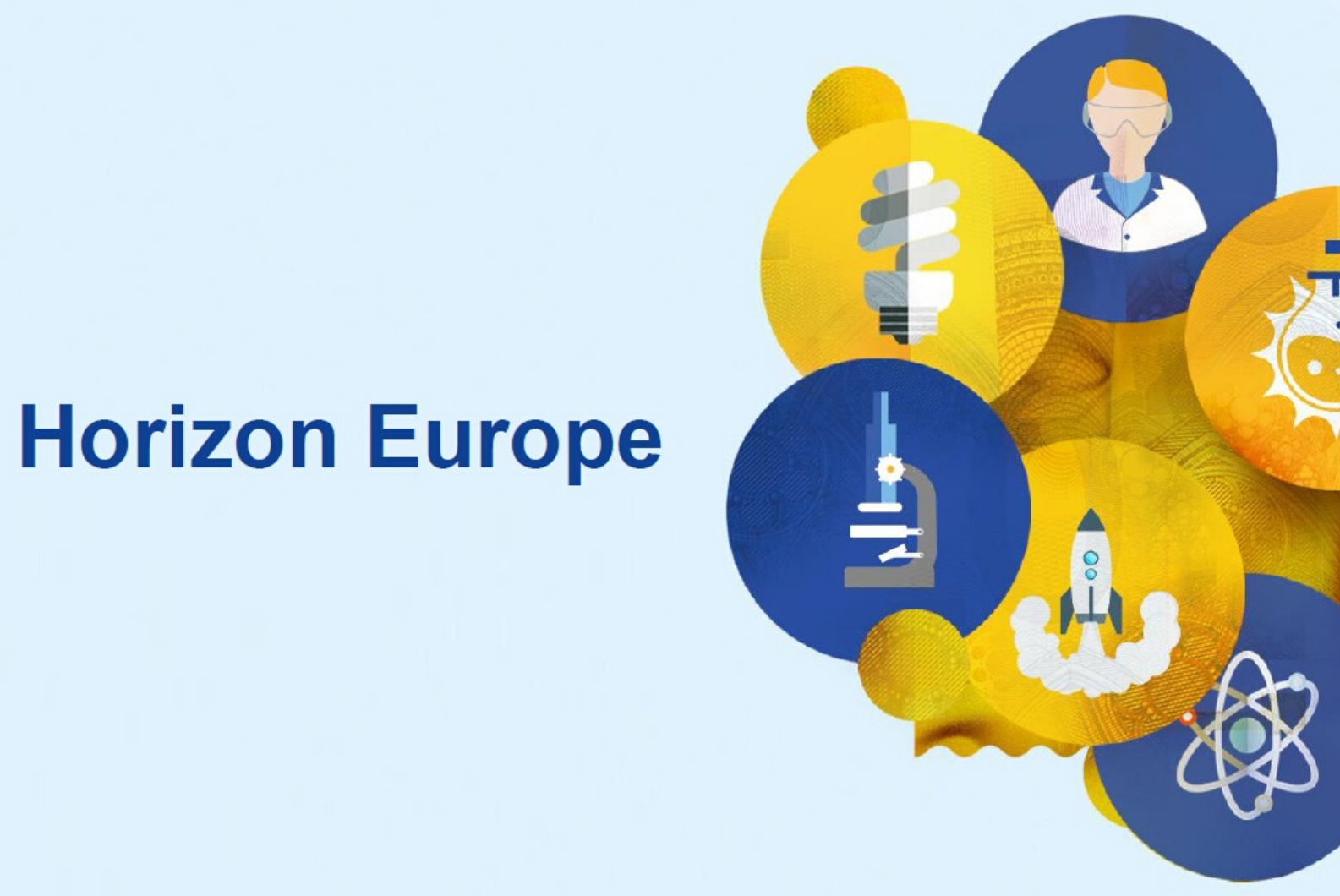By Lucy Ferguson, Workshop Rapporteur
In the last face-to-face event many of us attended before the COVID-19 pandemic was declared, the Directorate-General for Research and Innovation hosted a workshop on “Fostering institutional change through Gender Equality Plans (GEPs) and the way forward towards Horizon Europe” on 4thMarch in Brussels. The workshop was attended by a range of participants involved in structural change projects across the EU, including project coordinators, evaluators and team members, with the aim of strengthening gender equality provisions in the future EU funding programme Horizon Europe, building on a series of co-creation and outcomes of consultation with stakeholders. I would like to take a moment to acknowledge our Italian colleagues who were unable to join in person, and connected from home, in a way that we would all come to know as normal in the months that followed. This article highlights some of the main discussions and recommendations. A full workshop report will also be published by the European Commission later this year, along with an in-depth analytical review of structural change for gender equality in research and innovation.
Opening the workshop, Jean-Eric Paquet, Director-General, DG Research and Innovation, European Commission highlighted that all public institutions will be required to design and implement a gender equality plan in order to be eligible for funding under the Horizon Europe Framework Programme. Mina Stareva, Head of Sector Gender, E5-Democracy & European values, DG Research and Innovation outlined the key pillars of Horizon Europe and how provisions for gender equality have been strengthened at the level of implementation and targeted support, and invited participants to be “bold, frank, direct and ambitious” in their contributions. Invited speaker Marcela Linkova, Coordinator of the GENDERACTION project, noted that this is a very exciting time for people working on structural change, particularly for countries that are less advanced in gender equality in research and innovation.
Following in-depth discussions of key questions, recommendations were developed in three areas. In terms of implementing gender equality plans and good practices, recommendations included: embed a focus on the process in structural change projects – participation, ownership and reflexivity; spread responsibility for GEP implementation across the whole institution in order to increase accountability for successes and failures; and develop support structures for core teams in the form of time and resources, as well as make such work visible within the overall academic culture. Recommendations to further gender equality plans included: develop synergies between the Research and Innovation Framework Programme and Structural Funds; engage civil society more substantively in structural change in research and innovation, in particular in relation to SDG 5; and consider how to strategically engage the private sector in funding aspects of GEP implementation. Finally, the participants discussed how to support gender equality plans, such as: establish a Competency Centre on Gender with an integrated Helpdesk and capacity development component; and set up a Gender Equality Taskforce to facilitate regular contact between relevant actors and stakeholders.
Three over-arching take-away messages were drawn from the workshop discussions. First, the need to focus on process, not outcomes. Second, the importance of a reflexive approach. Third, the value of participation in building consensus and ownership for gender equality across an institution. Fourth, the need to explicitly acknowledge the highly political and politicised nature of structural change.
In conclusion, participants agreed that ongoing mutual learning and critical reflection – both within research and innovation and more broadly in other fields – are the key to ensuring that structural change for gender equality in Horizon Europe is transformative and sustainable.


